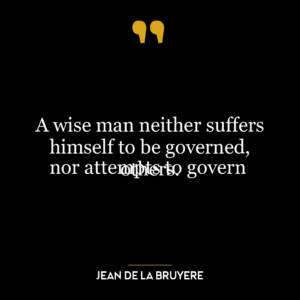This quote argues that the primary role of government is to improve the lives of its citizens. It implies that the government should work towards the common good, rather than serving the interests of a select few. This involves creating policies that promote equality, justice, and opportunities for all, regardless of their socio-economic status. In essence, the government should be a force for positive change, ensuring that every citizen has the chance to lead a fulfilling and prosperous life.
This principle can be applied in today’s world through policies and initiatives that address societal challenges such as poverty, inequality, and injustice. Governments can make things better for all people by investing in education, healthcare, and social services; by enforcing laws that protect human rights and promote equality; and by implementing economic policies that create opportunities for growth and prosperity for all, not just for the wealthy or privileged.
In terms of personal development, this idea can inspire individuals to strive for the common good in their own lives. This could mean using one’s talents and resources to help others, standing up against injustice, or working towards creating a more equal and fair society. Just as a government should work to make things better for all its citizens, individuals can strive to make a positive impact in their own communities.
Moreover, this quote suggests that leadership, whether in government or in personal life, involves responsibility towards others. It’s not about power or control, but about making a positive difference. This perspective can shape how we approach leadership roles and how we interact with others in our personal and professional lives.








